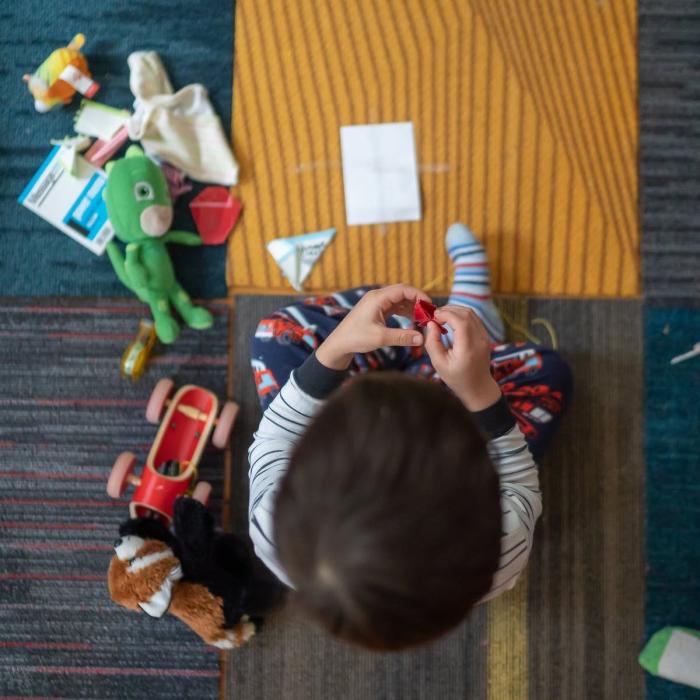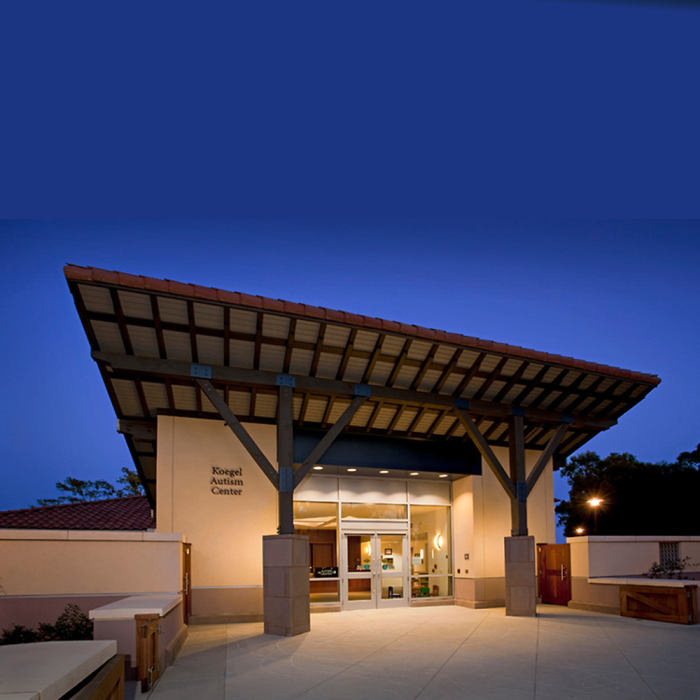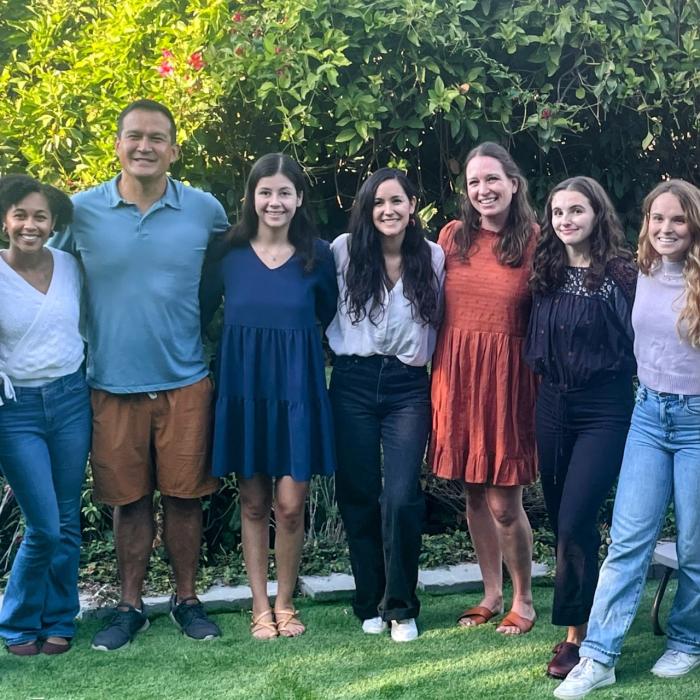A Focus on Person-Centered Autism Research, Evaluation, & Support Services
Led by Center Director Dr. Ty Vernon, Clinical Director Dr. Anna Krasno, and Associate Director Dr. Fernanda Castellón, the center focuses on the development and implementation of strength-based, motivational support services, interventions, and psychological evaluations for individuals with autism and their families.
Our Programs
The center provides diagnostic assessments, support services, parent support, and clinical training opportunities through its funded research projects and clinics.
Intervention support models developed at the center include the Pivotal Response Treatment (PRT) and the Social Tools And Rules for Teens (START) programs.
We provide research and clinical training to doctoral students in clinical psychology and special education, many of whom have continued on to become highly influential members of the autism research and clinical support communities.
Koegel Autism Center News
Here’s what’s happening
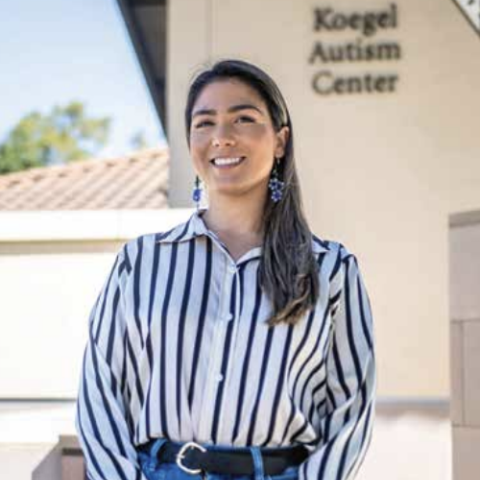
At The Intersection of Culture, Autism, and Inclusion
GGSE News > Dept. of Counseling, Clinical & School Psychology, Koegel Autism Center
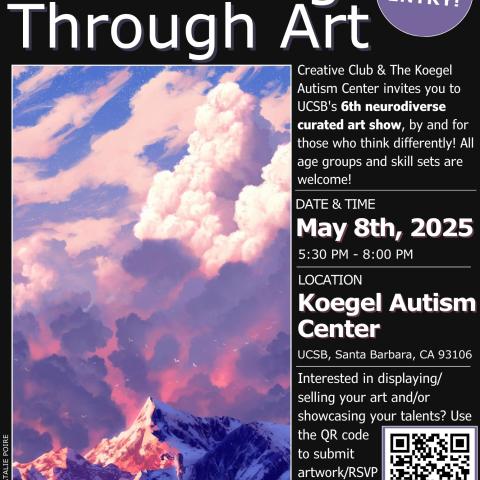
Koegel Autism Center's Unmasking Through Art show on May 8, 2025
GGSE in the News > Koegel Autism Center
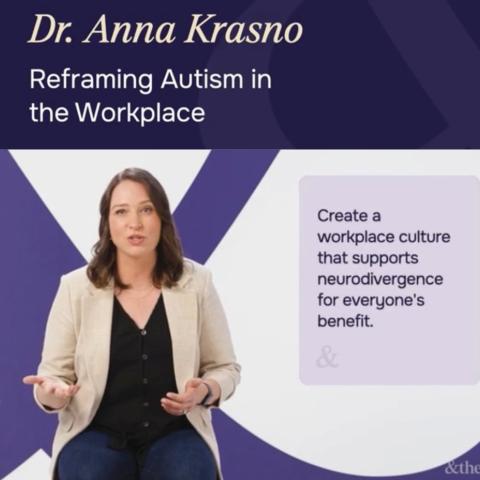
Reframing Autism in the Workplace
GGSE in the News > Koegel Autism Center
Partnering with the autism community to promote hope, compassion, inclusivity, and empowerment.
We strive to develop, evaluate, and disseminate high-impact, strength-based autism evaluation and support strategies; build collaborative partnerships with local and global communities; be culturally sensitive and responsive; provide ongoing outreach and education to families and professionals; support the diverse needs of individuals with autism across the lifespan; and serve as a model for excellence in autism research, service, and training.
